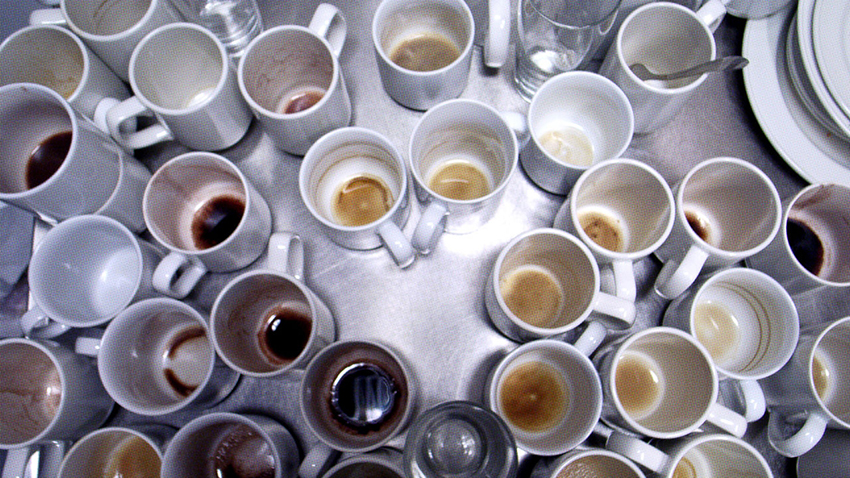How to Know When You’ve Had Enough Coffee

Much like peanut butter, beer, wine, and fat in general, coffee has come in and out of favor with doctors and nutritionists over the years. The pendulum has swung, so to speak, on coffee so many times that it’s totally understandable if you’ve given up on trying to understand how much coffee you should or shouldn’t be drinking.
You may have even gone back to drinking however much of the hot goodness that you feel like, at this point, caring little for what the doctors or experts may be saying at any given moment. But if you’re at all curious about how much coffee is just enough for you to get the health benefits and how much is enough to hurt you, read on.
The key to enjoying the health benefits of coffee may not be in the adage, “all things in moderation.” In fact, many of the health benefits of coffee seem to come at higher and higher daily consumption levels.
So the question then becomes not, “How much should I be drinking?” but, “How much can I handle?”
And that is a personal question that only you know the answer to. We can offer you some help in understanding what’s happening in your body, and how to avoid that nasty over-caffeinated feeling before it sets in. But first, let’s talk about the current understanding of what’s good and bad in coffee.
Coffee’s Health Benefits
These days, it’s hard to throw a rock at the Internet without hitting an article about the amazing health benefits of coffee. This once-demonized beverage got its bad rep from testing done to caffeine by itself and at dosages that all but the comically caffeinated may never achieve.

So, you may be asking yourself this question: “How can anything so good not be bad for you?” Well, the verdict is in and coffee is good for you.
The benefits of coffee, touted in many studies, kick in at as little as one to three cups and top out in the three to five cup range; the benefits include better heart health and increased longevity. Add those to coffee’s immediate beneficial effects of mood improvement and increased alertness and mental function, and you’ve got a winning brew (pun intended).
Possible Negative Side Effects
Like with many of the good things in life, coffee’s negative side effects — slightly increased blood pressure and other diuretic effects — are primarily only a problem for those who may already have high blood pressure, diabetes, or other conditions.
If you are concerned about how getting enough coffee can affect an existing condition, consult with your physician.
Making the Case for Decaf (Sometimes)
Many of the health benefits, especially the cardiovascular ones, associated with coffee consumption were also found to exist in test groups that drank all decaf, predominately decaf, or a mix of regular and decaffeinated coffee. It seems that the health benefits of coffee aren’t found in the caffeine, so much as in the rest of the bean.

That said, if you’re going to drink decaf, please make sure that you’re paying for the good stuff — like fair trade coffee and organic, shade grown coffee — not that mass market organic-solvent decaffeinated stuff. You and your health are worth it.
The Health Benefits of Coffee Far Outweigh Any Negative Side Effects
Please keep in mind that for all of the consumption levels listed, about a cup is an actual cup, as in eight fluid ounces. Large cups of coffee at chain coffee retailers can contain as many as twenty fluid ounces, or two and a half cups for those of you who haven’t had your coffee yet.
So with that in mind, hitting that three-to-five cup zone of maximum benefit is only a large and a half away.
[Photos Via: FastCompany; JuicingforHealth; Wandering Goat]
